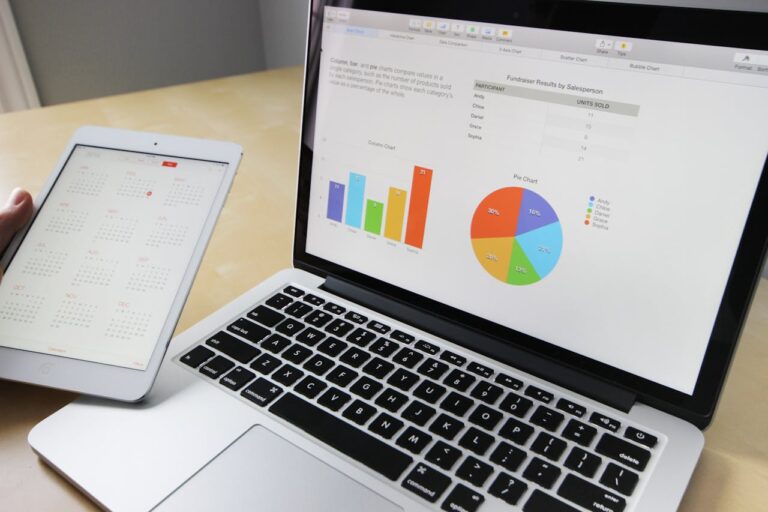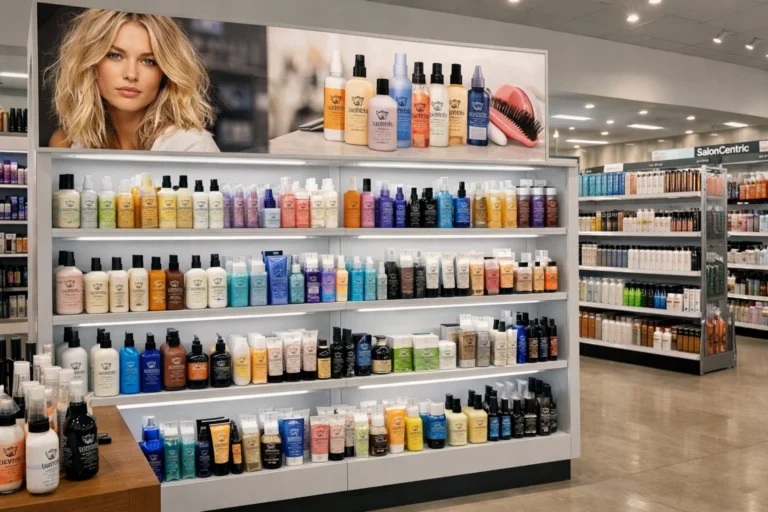
Record US E-commerce Sales in Q1 2024
In the first quarter of 2024, e-commerce sales in the US soared to unprecedented levels, constituting 22.2% of total sales. The robust performance saw e-commerce sales reach nearly $270 billion, marking an 8.5% surge from the previous year’s $247.18 billion. This quarter witnessed the sharpest e-commerce growth since Q1 2020, fueled by price-conscious consumers gravitating towards online platforms amidst concerns about inflation. According to the US Department of Commerce, total retail sales for Q1 2024 amounted to $1.82 trillion, with e-commerce contributing significantly. Despite the customary post-holiday season dip, e-commerce sales outpaced year-over-year growth in total retail sales.
Walmart’s Resilient Q1 Results
Walmart posted impressive earnings for Q1, boasting a 6% year-over-year revenue increase to $161 billion. Operating profit surged by 9.6% to $6.8 billion, with notable performances in the Chinese market, where sales climbed by 16.2% and e-commerce sales surged by 23%. In the US, e-commerce sales experienced a remarkable 22% growth, while global e-commerce sales saw a 21% increase, with home delivery services surpassing in-store pickups. Transaction volume in the US rose by 3.8%, and international sales surged by 12.1%, surpassing analyst predictions. Sam’s Club also reported a 4.6% sales uptick, driven by a 5.4% increase in transaction volume.
Lowe’s Experiences Q1 2024 Sales Decline
Lowe’s encountered a 4.3% sales decline in Q1 2024, with total sales amounting to $22.35 billion, down from $23.4 billion in the previous year. Comparable sales also dropped by 4.3%, impacted by reduced consumer spending and adverse weather conditions. Despite the downturn, CEO Marvin Ellison expressed optimism, citing a rebound in do-it-yourself (DIY) projects and steady demand for professional services. Lowe’s earnings per share stood at $3.67, slightly surpassing Wall Street’s expectations of $3.61. The company reaffirmed its full-year guidance, anticipating sales between $88 billion and $90 billion.
Macy’s Faces Challenges in Q1 2024
Macy’s encountered a challenging Q1 2024, with net sales plummeting by nearly 7% to $4.98 billion compared to $5.34 billion in Q1 2023. The decline was attributed to reduced consumer discretionary spending and inventory challenges. Nevertheless, Macy’s reported adjusted earnings per share of $0.56, surpassing analysts’ projections of $0.45. CEO Jeff Gennette underscored efforts to streamline operations, enhance inventory management, and elevate the customer shopping experience. Macy’s maintained its full-year sales forecast of $23.7 billion to $24.2 billion.
Globe Highlights
Boost in French E-commerce from French Days Sale
The 2024 French Days sale significantly bolstered France’s e-commerce market, with sales from April 30 to May 7 accounting for 2.3% of the previous year’s total sales—a 0.6% year-over-year increase. Despite constrained purchasing power, French consumers responded favorably to discounts, driving average spending to €57, up €2 from the prior year. Across Europe, e-commerce sales in April expanded by 5%, albeit with varying growth rates. While the home goods category gained market share in Germany, Spain, and Italy, the fashion and high-tech sectors continued to decline. Home goods emerged as the sole category to register growth among the top 20% of European online consumers.
TikTok’s Rise in Greece
TikTok has captivated over 3.5 million users in Greece, with 67% of users aged 25 and above. Its popularity surged during the pandemic as individuals sought novel forms of entertainment and social interaction. A Humble survey revealed that while Instagram retains its position as Greece’s top social media platform, TikTok has surpassed Facebook and gained traction, particularly among the 13-24 age group. Notably, 34.1% of users aged 25-34 also favor TikTok. High user engagement is evident, with substantial daily usage and 29% of users making purchases based on TikTok content, underscoring its potential as a marketing platform.
Indonesia’s Expanding Cosmetics Market
Indonesia’s cosmetics market is poised for significant expansion, propelled by social media and e-commerce penetration. Global Data projects the market to reach IDR 105.1 trillion ($6.56 billion) in 2023, with skincare emerging as the fastest-growing segment at a 9.6% annual growth rate. Despite the emergence of new brands, local players lag behind international counterparts in market share. Unilever’s Pond’s leads with a 13.4% share, followed closely by local brand Wardah at nearly 9.7%. Intense competition characterizes the market, with brands from Europe, the US, Japan, Korea, China, and local players vying for consumer attention. Korean brands, in particular, enjoy popularity among young consumers.
Alibaba Bolsters Lazada with $230 Million Investment
On May 20, Alibaba injected $230 million into its Southeast Asian e-commerce platform, Lazada, marking its first investment in Lazada for 2024. This follows Alibaba’s substantial $1.8 billion investment in 2023, aimed at countering competition from Shein and Temu. With cumulative investments surpassing $7.4 billion, Alibaba is fortifying Lazada’s position against regional rivals such as Shopee and TikTok Shop. The infusion of funds is expected to bolster Lazada’s competitive edge in the rapidly expanding Southeast Asian e-commerce landscape.







